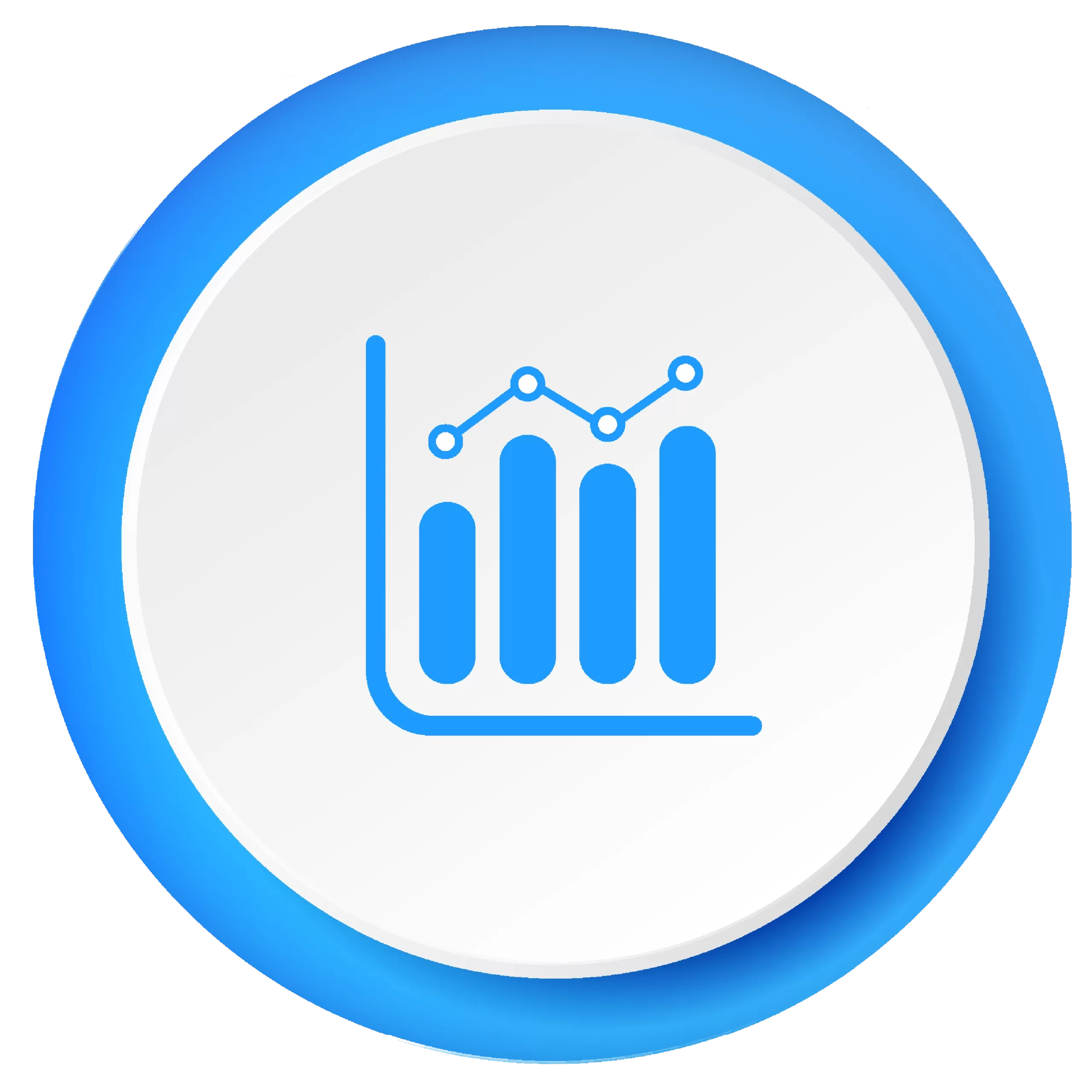Boost your website’s ranking and organic traffic with SEO.
Website Positioning (SEO)
With the team of SEO experts at GSA Solutions, we can help you attract more customers through organic search rankings. We’ll work with you to develop an SEO strategy aimed at improving your website’s positioning in organic search results and attracting potential customers to your site.
With GSA Solutions team of SEO experts, we can help you attract more customers through organic search rankings. We’ll work closely with you to develop an effective SEO strategy that improves your website’s position in organic search results, driving potential customers directly to your site.
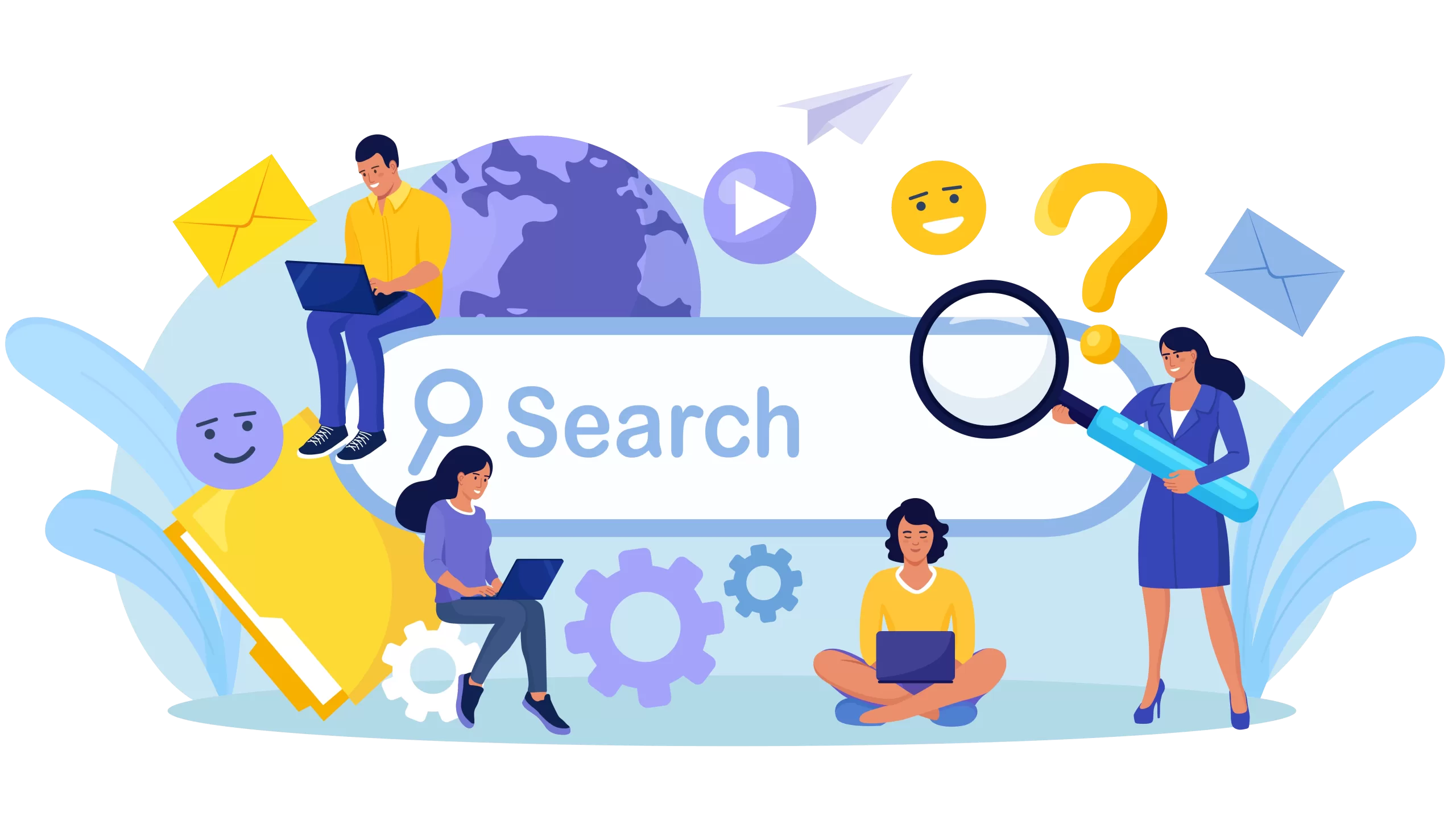
Get more customers through organic search rankings!
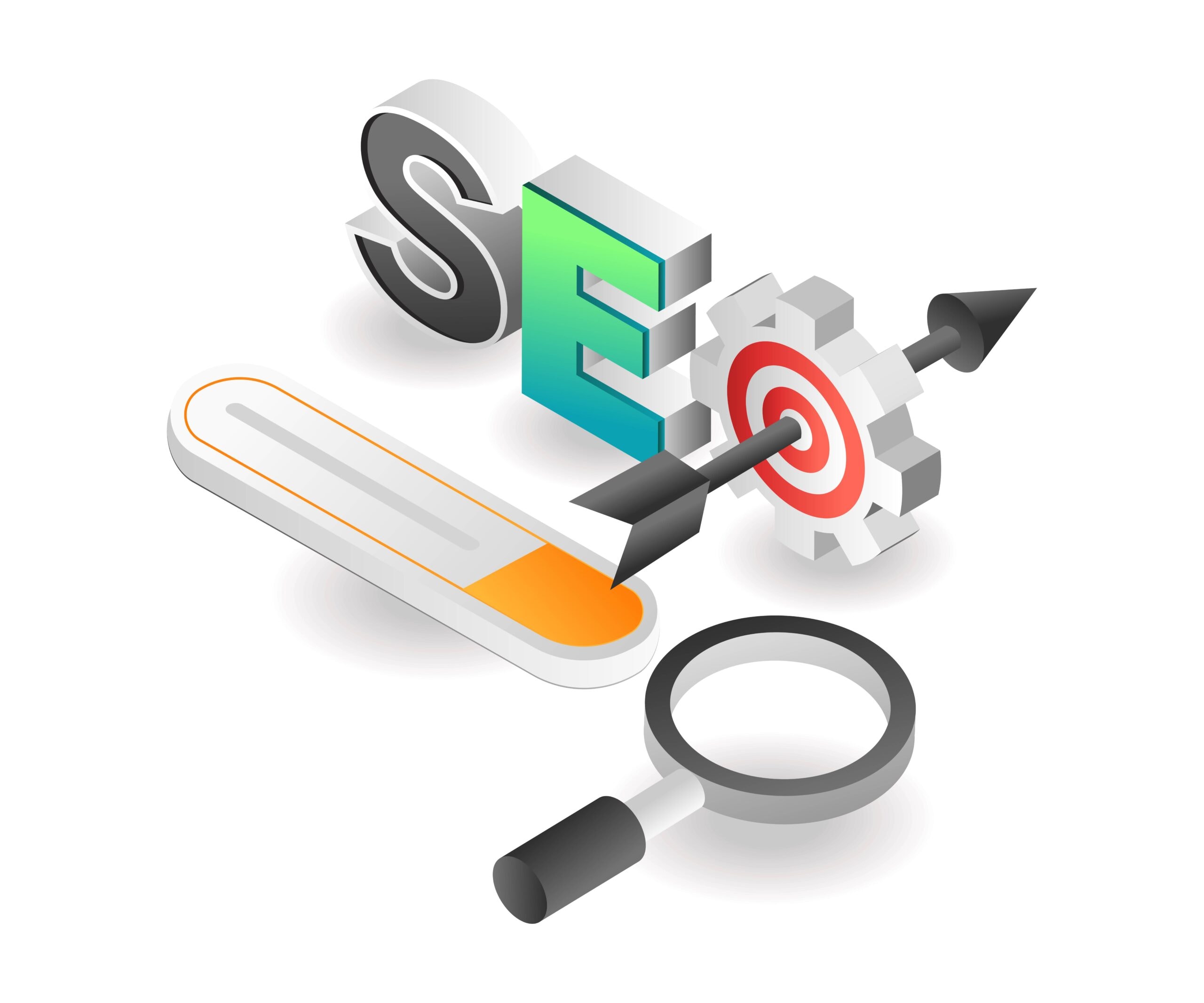
Audit and Keyword Research
With our website audit, we identify key areas for improvement on your site that will have the greatest impact on organic search performance. We then review search volumes for keywords relevant to your website and compare them to the pages you’d like to rank for, maximizing traffic potential.

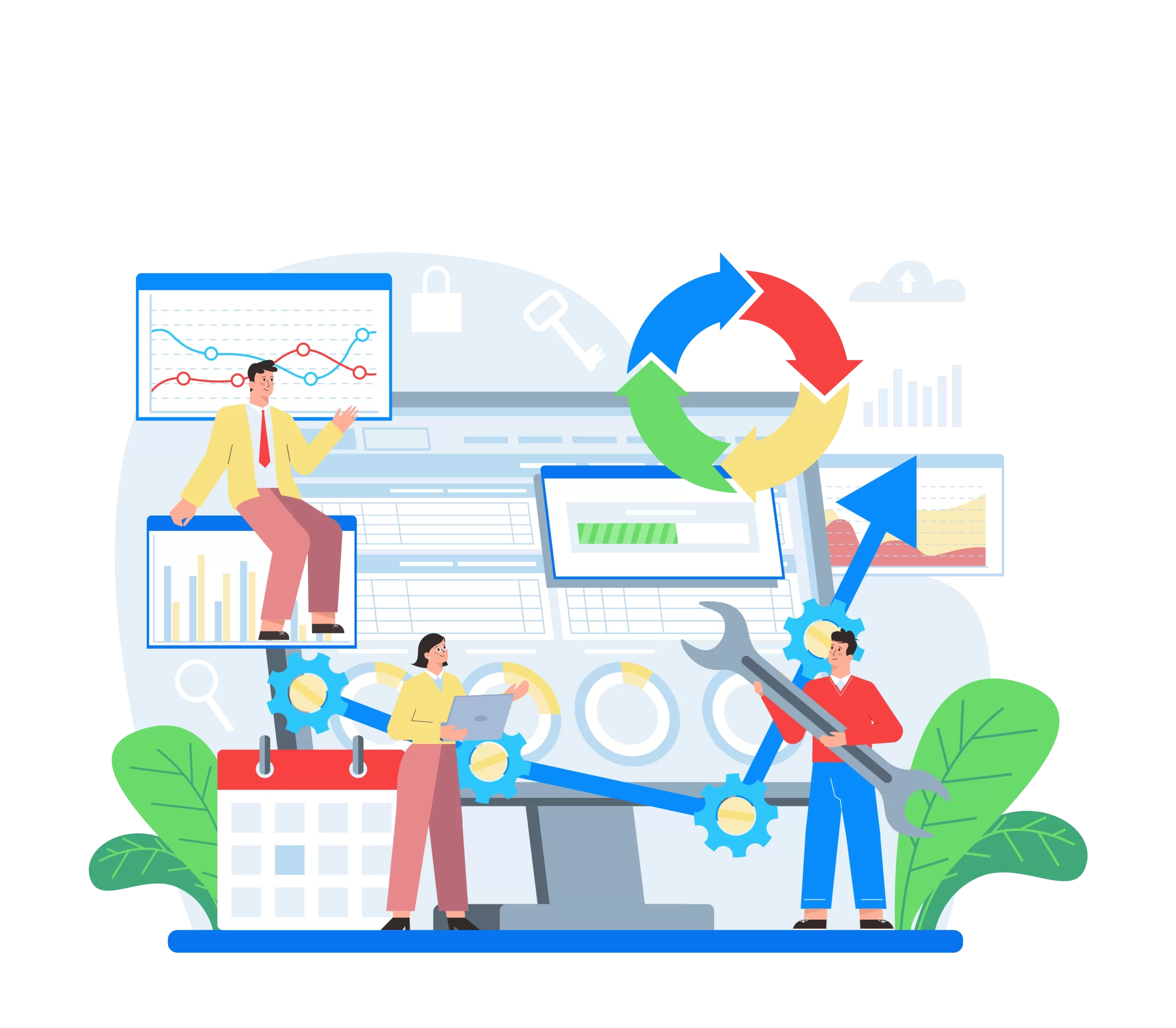
On-Page Optimization
One of the most important practices you should follow is optimizing your website for search engines. Our experts are up-to-date with the latest SEO techniques and will provide valuable insights to ensure your website ranks effectively in search engines. On-page optimization is the foundation of your SEO strategy. We analyze technical issues and provide detailed insights into any potential problems that may be affecting your site’s search visibility and ranking factors.
Here are some of the main elements to consider in the optimization of any website:
Local SEO
Google search data shows that 46% of all searches are now local. With this in mind, local businesses should leverage their location and understand how Google evaluates a website’s relevance to a specific geographic area. By implementing strong local SEO strategies, we can help increase your revenue and create a better experience for your visitors and customers. We understand the tactics involved in creating a successful local search strategy tailored specifically to your business.

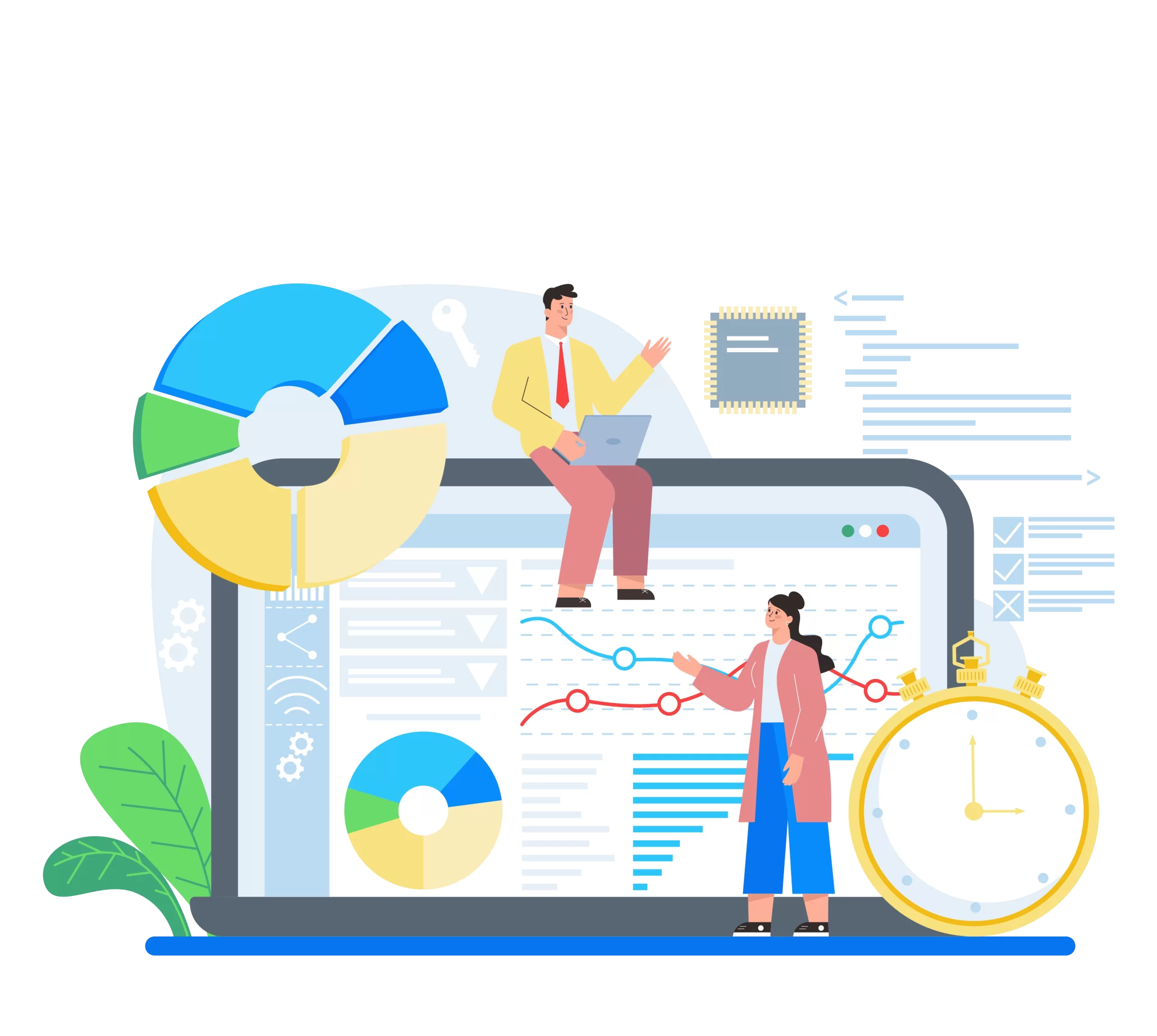
Performance Measurement
Our SEO experts understand the importance of search results for your business and are happy to assist you. We measure the effectiveness of your strategy, monitor how well it’s performing, and share meaningful data. We can analyze your local rankings and indexing issues and provide a clear strategy to improve your search engine rankings.
The Best Way to Achieve a High Ranking on Google
Technical SEO
Search engines like Google and Bing give preferential treatment to websites that meet certain technical criteria. These search engines consider factors like secure connections, responsive design, and fast loading times as indicators of a high-quality website that enhances the user experience. Since search engines aim to deliver the best possible results to users, meeting these technical standards can significantly improve your rankings.
Here is a list of some key elements of Technical SEO to improve your site:
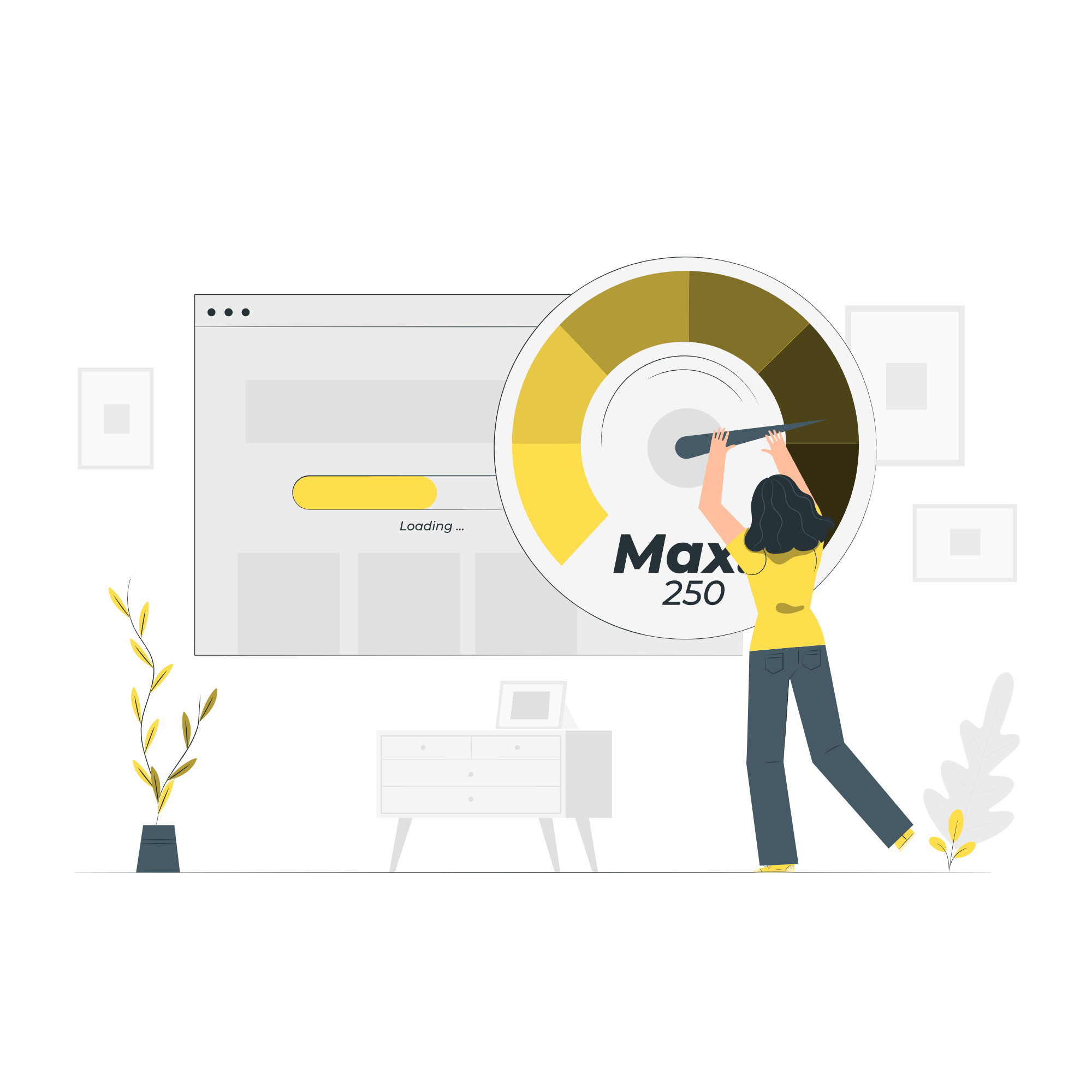
SEO Basics
Index/Noindex
Indexing means making a webpage available in search engines, allowing Google to crawl the page and display it in search results. On the other hand, “noindex” is a directive given to a web crawler to prevent a webpage from appearing in search results. Pages such as confirmation screens, registration forms, or purchase forms should be set to “noindex” to avoid giving Google content that won’t help with ranking.
Follow/Nofollow
Links are set to “follow” by default, meaning you want the link to be indexed or ranked by Google or other search engines. However, some links may not be useful to a search engine and can be set to “nofollow.” This is because these links don’t lead to relevant content—examples of “nofollow” links include monetization pages or links in press releases.
Error 404
Error 404 means that no webpage was found. A user will see a 404 error in their browser when they try to access a URL that no longer exists. If you’ve removed pages from your website, it’s crucial to remove any internal links pointing to those pages to avoid sending users to non-existent pages and creating a poor user experience on your site.
Canonical Tag
Canonical tags are an important part of optimizing any webpage, as they are used to specify the “preferred” version of a webpage. They are often used to credit the original version of a page and signal to search engines where the content originally comes from, while also providing a way for search engines to differentiate between pages with similar content. For example, if you have products in different colors, sizes, or variations on your site with different URLs, you can use a canonical tag to designate one page as the main product page.
Duplicate Content
Duplicate content refers to instances where a search engine finds identical or very similar pieces of content across different web pages, and this is considered a bad SEO practice known as “black hat” SEO. Google penalizes this practice by negatively impacting your website’s ranking and visibility in search results. The best way to avoid being penalized is to reference and credit the source of any original content used. However, the best approach is always to create original content that gives your brand a unique character and sets it apart from the rest. By creating a blog with unique and regularly updated posts that strengthen your brand’s identity, you can help search engines push your website to the top of search results.
Structured Data Markup
Structured data, also known as “schema,” is a type of markup that helps search engines find and categorize the content on your website. This markup is optional but provides search engines with more information about your content and how to better classify it. Schema adds elements like a Title and a Meta Description. The title should describe your business or product, while the meta description should serve as an ad for your product or service.
301 Redirects
301 redirects are often simply referred to as redirects—but what exactly is a 301? A 301 redirect sends a user from one URL to another. It’s common for website administrators to remove a page and redirect its URL to another page that best satisfies the user’s intent. A typical scenario is when a site owner removes an old, outdated page that contains outdated information. A 301 redirect would then take users to the new, relevant page.
Crawl Budget
Google crawls your website to evaluate its “quality.” Crawl budget refers to the amount of time and resources Google will spend crawling all the pages on your site. A well-structured website—organized clearly, with proper 301 redirects to optimize search engine traffic, a clean directory with minimal broken links, and improved site speed—can encourage Googlebot to crawl and promote more of your content on the web.
User Behavior Metrics
Metrics such as click-through rate, time on page, session duration, and bounce rate (the percentage of visitors who leave a webpage without taking any action) help analyze the results of an SEO strategy and measure the quality of a webpage. Google’s goal is to provide relevant information to a wide range of users. It evaluates user behavior metrics to assess how satisfied people are with the search results.
Frequently Asked Questions
What are you waiting for?
Grow your business online today!

